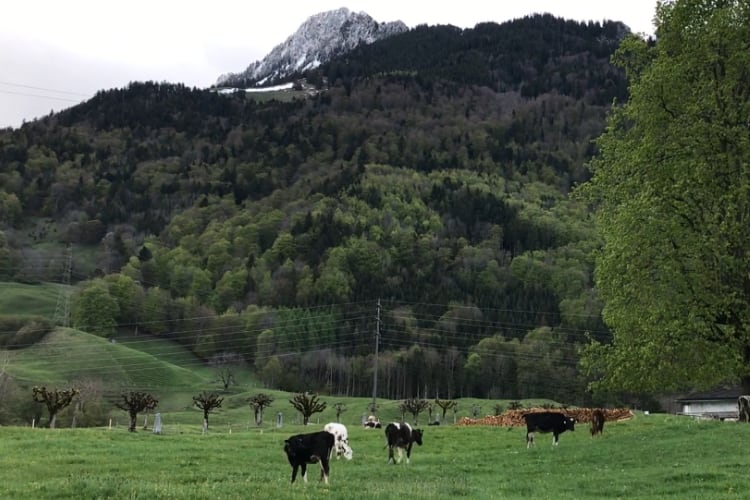The coalition – “One Planet Business for Biodiversity” (OP2B) – was formally launched on stage at the United Nations Climate Action Summit by Emmanuel Faber, chairman and CEO of the global food and beverage company Danone.
In addition to Danone, OP2B members include Balbo Group, Barry Callebaut, DSM, Firmenich, Google, Jacobs Douwe Egberts, Kellogg Company, Kering, Livelihood Funds, L’Oreal, Loblaw Companies Limited, Mars, Migros Ticaret, McCain Foods, Nestlé, Symrise, Unilever and Yara.
Agricultural system at a crossroads
After decades of investment by governments and industry, focused on efficiency and productivity to meet the needs of a growing world population, our globalized and highly specialized agricultural system is impacting loss of diversity on farms, loss of ingredient diversity in diets, and degradation of ecosystems.
A recent report by the FAO (Food and Agriculture Organization of the United Nations) found that of the 6,000 plant species cultivated for food, just nine account for 66% of total crop production.
Agricultural biodiversity has been, and continues to be, shaped by human activities and practices over generations, with farmers playing a key role as custodians and managers of agricultural biodiversity. Business is progressively acknowledging how deeply reliant it is on the planet’s biodiversity to provide the resources used in the food, textile, and personal care sectors.
And consumers now know that every purchase they make is a chance to vote for more sustainable ways of producing food and other goods: they are looking for a new social contract with nature that puts biodiversity at the center of economic and social systems.
The 19 OP2B member companies say they have committed to take tangible actions, on an individual and collective basis, to develop innovative solutions aimed at protecting and enhancing biodiversity in agricultural systems.
OP2B member companies say they intend to deploy these solutions to transform their strategic value chains and reach impact at scale, working collaboratively across business, public and civil society sectors, while fostering an inclusive approach that empowers producers and consumers.
They will do so through three main areas of focus:
1. Scaling up regenerative agriculture practices to protect soil health.
Scaling up alternative farming practices that will leverage the power of plants to keep carbon in the soil (carbon sequestration), increase the capacity of soils to hold water, enhance the resilience of their crops, support the livelihoods of their farmers, and regain the nutrient density of food while decreasing reliance on synthetic inputs. This is what OP2B calls “regenerative agriculture”.
2. Developing product portfolios to boost cultivated biodiversity and increase the resilience of the food and agriculture models.
Increasing the number of ingredients sourced so we are less reliant on just a handful of crops, further developing provenance-based and local sourcing, and expanding the genetic variety of crops grown to regain food diversity and localized biodiversity specificity in agriculture as a powerful lever to protect and nurture biodiversity.
3. Eliminating deforestation, enhancing the management, restoration and protection of high value natural ecosystems.
Defining specific actions within the value chains of OP2B members that can protect and restore the world’s most biodiversity-rich and fragile ecosystems, including grasslands, wetlands and forests.
Reporting transparently on progress and impact
While the impact of work from the three pillars of the OP2B coalition will extend through to 2030, its members say they intend to demonstrate leadership progress by the 2020 Biodiversity COP15. These efforts will include:
• By June 2020: Develop a compendium of systemic, meaningful, measurable solutions that can be implemented by OP2B members in their value chains.
• By October 2020: Disclose timebound and measurable commitments during CBD COP15, together with policy proposals that would help to deliver successful outcomes.
At the launch, Faber said, “The global food and agricultural ecosystem is critically dependent on biodiversity: from soil regeneration through to water filtration, pest control and pollination, among many of the other building blocks of life on earth.
“According to many recent scientific studies, we have 10 years to reset our course and bend the curve on climate change and wild and cultivated biodiversity loss. We need a collective effort now.
“Together, we will strive not only to conserve and restore biodiversity, but also to transform human interaction with, and dependency on, nature.”

